Tag Archives: association
31 Jan Feature Selectivity in Vision
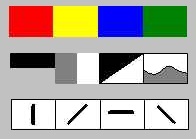
This post is another in the series on specialization, in which the author stresses the need for very heterogeneous models for imitating brain capabilities with computers. An important discovery of neurophysiological and cybernetic research is that many neurons, particularly those in areas of the brain that specialize in processing perceptual data, are feature selective. Vision processing is […]
27 Jan Go With the Flow
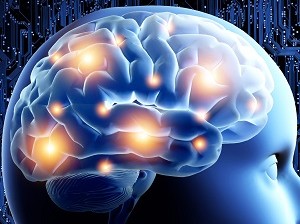
Modeling Neural Electrical Flow Patterns From looking at possible mechanisms for information storage, we move back to its movement. It may be important to understand the patterns of electrical flow in the brain to define good models for artificial systems that attempt to match human competence in cognitive processing tasks. This is what neural network and […]
17 Jan Perceptrons and Weighted Schemes
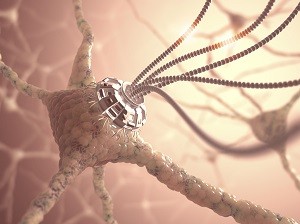
Perceptrons In the late 1600’s, John Locke expounded an associationist theory in which neurons or “bundles” of neurons came to represent certain ideas and associations between ideas. Rosenblatt‘s work seems a logical extension of associationist theory. Perceptrons can perform linear discrimination, thus enabling them to model the cognitive function of recognition (or, in computational terms, pattern classification). […]
10 Jan Shades of Meaning
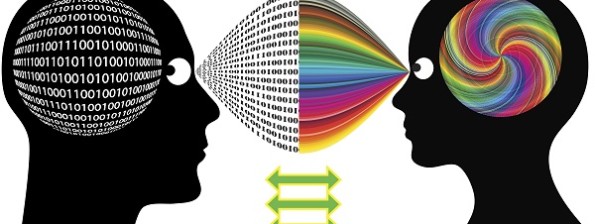
I have been sharing my observations on the electrical behavior of the brain this month, with a brief glance at perspectives on perception. My work began, and may end with language. As my springboard into artificial intelligence, I’ve been trying for years to develop computer programs that can understand your intent and use that understanding […]
09 Jan What of Perception

Questions Cognitive Modelers Might Ask The biological and chemical processes associated with brain activity are the foundation on which our exploration of the cognitive mind is built. Yet the physiological underpinnings are not sufficient, in themselves, to lead us to the next cybernetic level. Too many questions are left unanswered. In this section of Understanding […]
02 Jan Synapse Formation
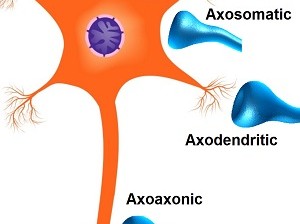
Many neurons have only a few synapses. Others, like giant pyramidal and Purkinje cells, may have tens or even hundreds of thousands of synapses. At the conclusion of the complex growth process, called synaptogenesis, in which growth cones at the tips of spines, axons, and dendrites propel or draw the fiber through the crowded gray and white matter […]
30 Dec Aristotle and von Neumann
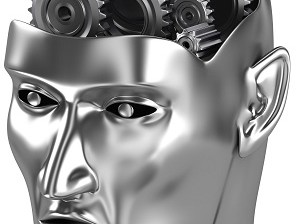
In the 1950’s, John von Neumann compared the computer to the brain. Scientific inquiry that laid the foundation for that comparison, however, had begun long before. The influence of the Greek philosopher Aristotle’s association theory (metaphysics), for example, is evident in neural net theory. In The Computer and the Brain, Dr. von Neumann describes how […]







